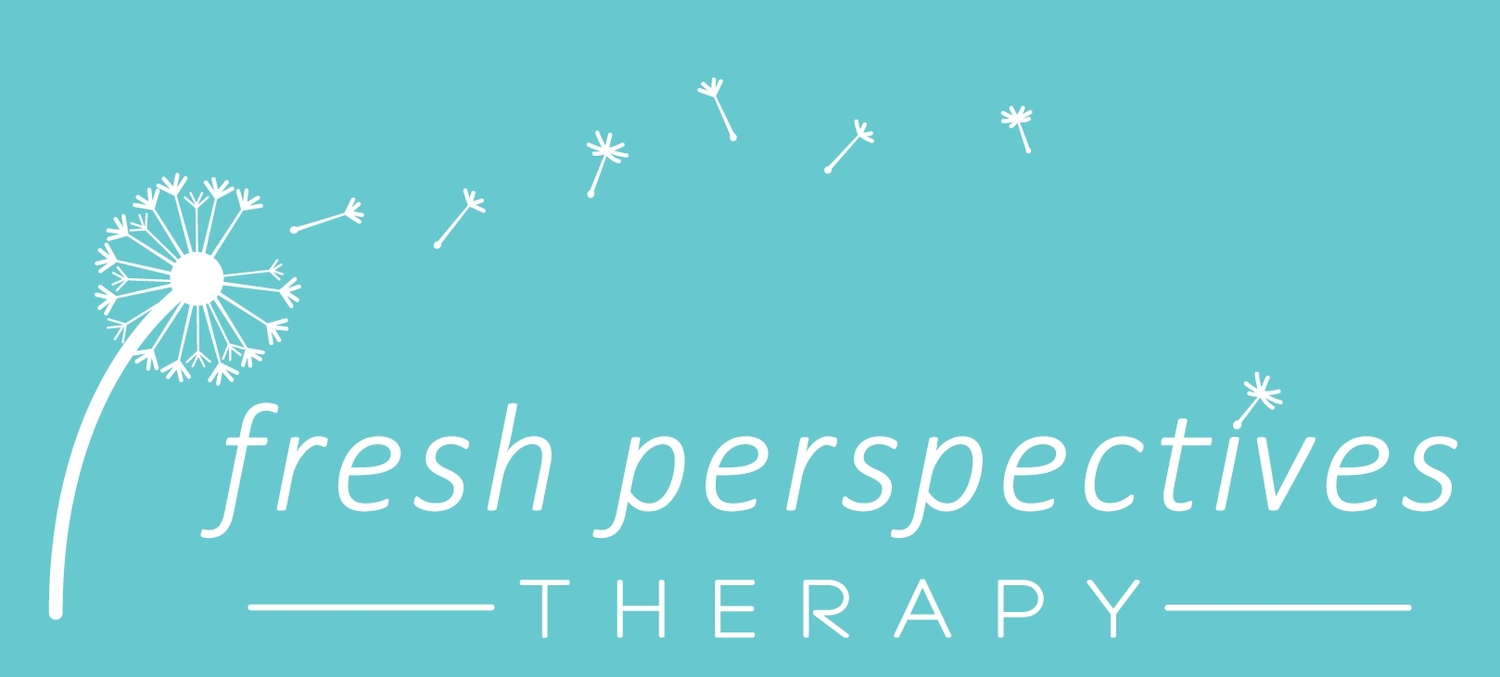Grief, mourning, and bereavement. We all experience it but when a loss actually happens, few know how to feel or what to do to help cope. Grieving a loss can be a confusing and complicated time in life. Some of the most difficult aspects of grief is the feeling that there is a “right” way to grieve or an amount of time that is “appropriate” to grieve. The truth is, the process can be different between people and can even be different for different losses. Below are a few things to keep in mind to help you cope with your loss.
Comfort Zones: How Comfortable Are They Really?
As humans we like routine and familiarity. That kind of stability serves as a comforting home base for us to come back to, rest, and feel rejuvenated for more adventures. Comfort zones aren’t inherently bad, but they become so when comfort keeps us from living in alignment with our personal values or what’s important to us in life. Instead of being a cozy, restful home base, our comfort zone becomes a prison, a space where experiential avoidance runs rampant.
ACT Explained
ACT’s development began in the late 1980s by Drs. Steven C. Hayes, Kelly G. Wilson, and Kirk Strosahl. It is based in functional contextualism and relational frame theory. These are big concepts labeled with confusing, technical words that can scare people away. The truth is, when you look behind all of the jargon, the message is quite simple and something that many of us already practice at least to some extent in our daily lives! I’m going to do my best to break down the essential concepts of ACT here.
